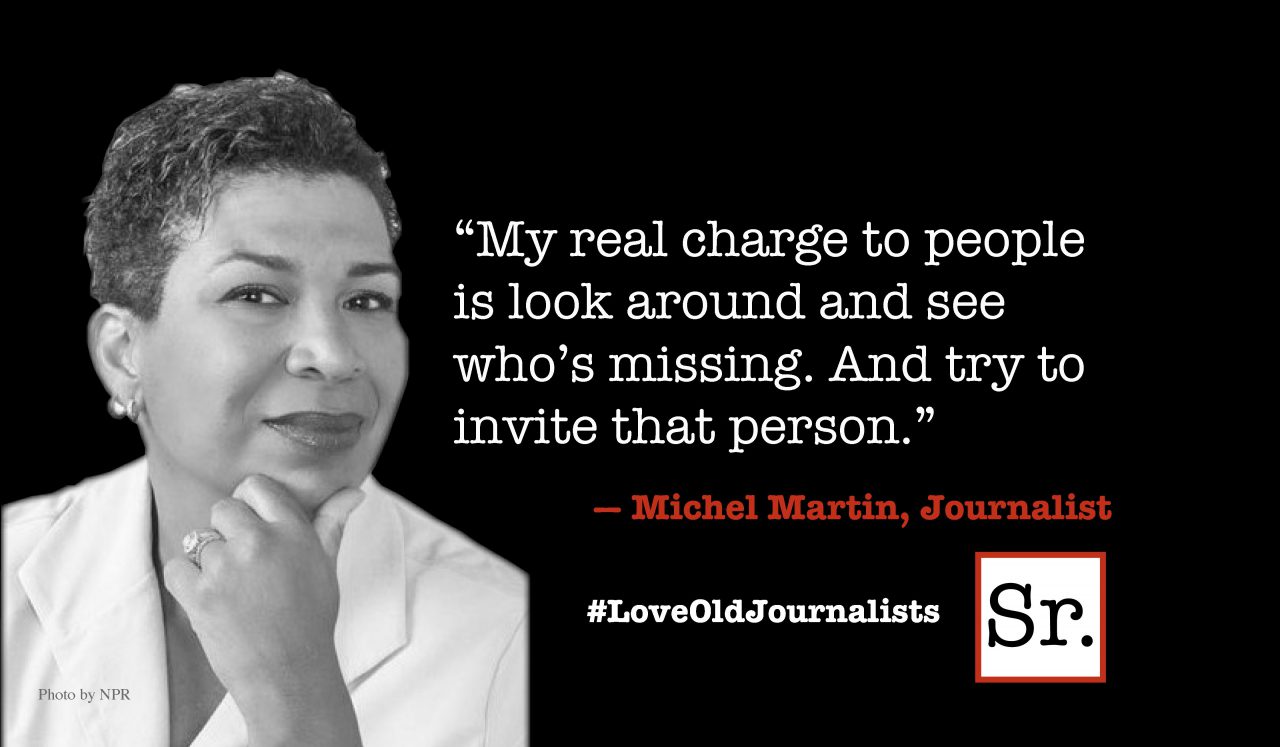Stop the Presses! I interrupt this column with an important update: Infamous Chinese Tiger Mother Amy Chua, whose account of her parenting methods (Battle Hymn of the Tiger Mother: Penguin) has provoked a tsunami of outrage, now says that much, if not most, of her description was a “joke,” “deadpan humor,” and “tongue in cheek.”
In a January 22 interview with Joy Behar, Ms. Chua said she was joking when she wrote that she threatened to burn her daughter’s stuffed animals if she didn’t master a complicated piano piece. Lots of people got the joke, she said; they were rolling on the floor. When Behar suggested she was backtracking, Chua denied it, but subsequently said that in retrospect she wasn’t proud of some of her parenting techniques. Furthermore, she said the list of draconian restrictions and expectations that caused much of the outrage was more of a description of how she was raised by her immigrant parents, not how she raised her two daughters. Not backtracking?
Several points: First, of the hundreds of folks who responded to my critique that appeared in this column several weeks ago, no one chided me for not getting the joke. I think Chua is, well, to put it mildly, misrepresenting her original intent. Second, the operational definition of a joke is something that makes people laugh. I know of no one who was amused much less, as Chua claims, rolling on the floor. Comedy is obviously not her strong suit. Third, I am a published author. As such, I know that ethical publishers will not publish a book in which an author puts forth outrageous claims and descriptions that aren’t true. If Chua truly was kidding, then she put one over on her publisher, Penguin. In that case it should pull the plug on Chua’s book of comedy and require her to return her advance.
Something Else That Isn’t Funny: According to a survey conducted by the UCLA Higher Education Research Center, the mental health of first-year college students has been in sharp decline since 1985, when the survey was first taken. When asked to rate their emotional health, only 52 percent of freshmen rated themselves above average. This is down from 64 percent in 1985. In just the last year, the self-rating has fallen 3.4 percent. Why?
I suggest that the concept of learned helplessness may go a long way toward answering that question. Learned helplessness is a psychological state characterized by the feeling that one is not capable of exercising adequate control over their life circumstances. Helplessness can be learned when, for example, significant others have made it their business to solve a person’s life problems for him.
Helicopter parenting became the norm in the 1980s. Over the next twenty years, HP was slowly replaced by what I call “Cuisinart parenting”—characterized by a lack of boundary (blending) in the parent-child relationship and a related state of ubiquitous parental micromanagement and enabling. Today’s parents solve problems for their children that parents fifty-plus years ago expected their kids to solve for themselves, and the problem areas in question run the full gamut. Today’s children, therefore, can be excused for not knowing how to entertain themselves creatively or organize a ball game on their own. They can also be excused for feeling that life is overwhelming if Mom and Dad aren’t there to mediate it for them.
The UCLA survey gives proof to the expression that “the road to hell is paved with good intentions.”









